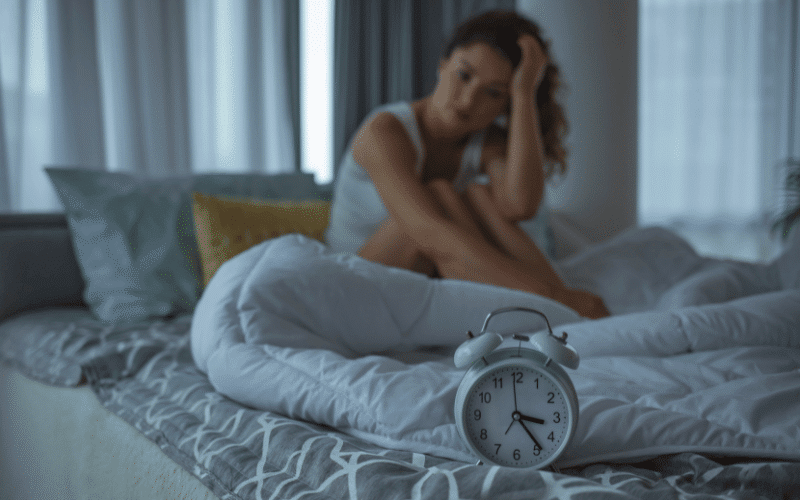7. Changes in Sleep Patterns: The Unseen Effect of mTBI

Alterations in sleep patterns are another common, yet often overlooked, symptom of a concussion. These changes can manifest in various ways, including insomnia, sleeping more than usual, or having trouble falling asleep. The disrupted sleep-wake cycle could lead to fatigue and exacerbate other concussion symptoms like headaches or cognitive difficulties.
Insomnia, or the inability to fall asleep or maintain sleep, is a typical post-concussion symptom. Individuals might find themselves tossing and turning, unable to attain the restorative sleep their bodies need for recovery. This can result in fatigue during the day, impacting their overall function and quality of life.
On the other end of the spectrum, some individuals might find themselves sleeping more than usual following a concussion. This excessive sleepiness, or hypersomnia, could be the body’s way of healing itself. However, spending extended periods in sleep could lead to disruption of regular activities and, in some cases, exacerbate feelings of disorientation or confusion. (7)